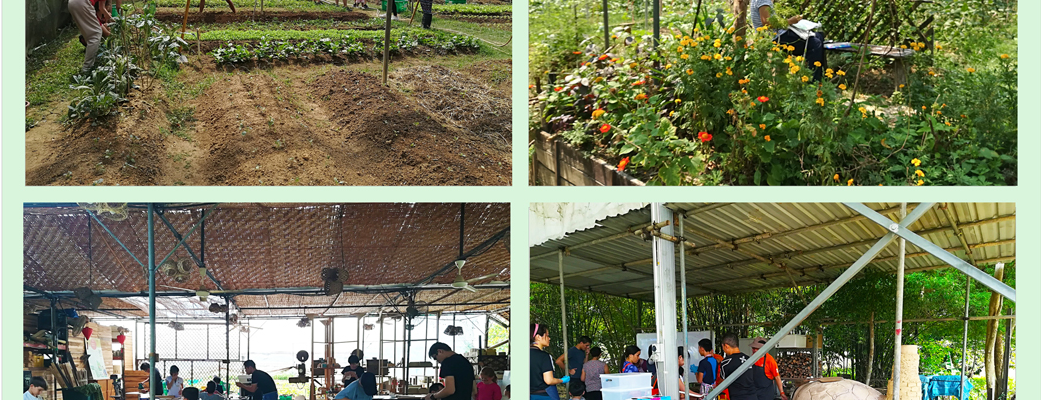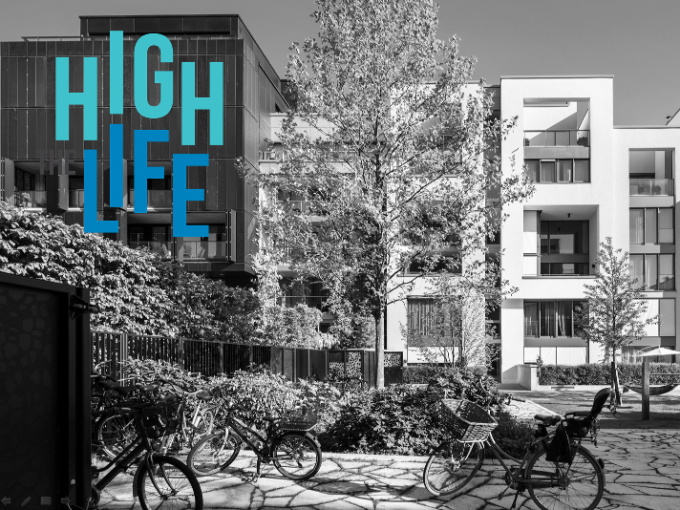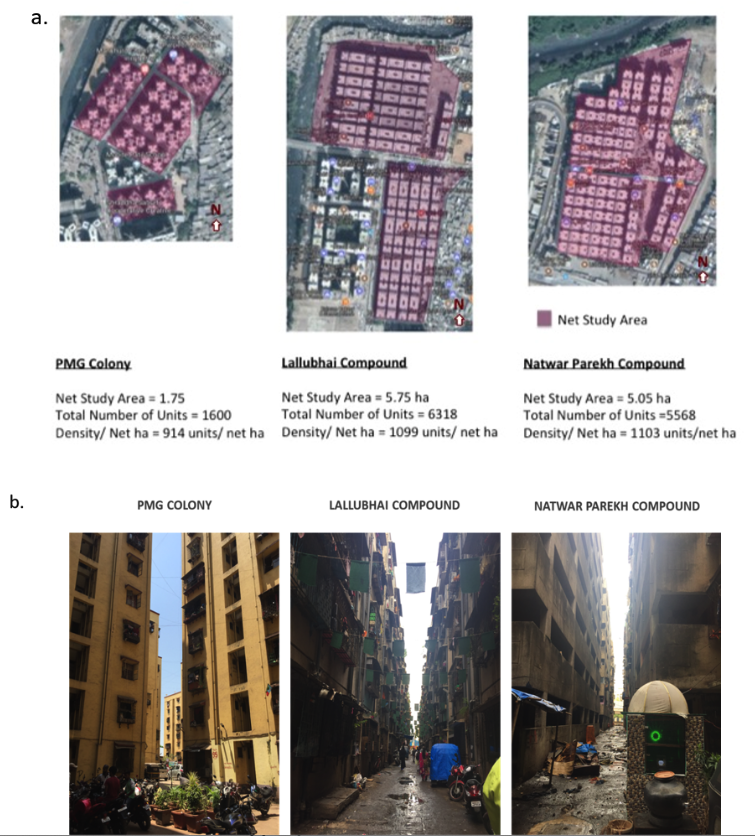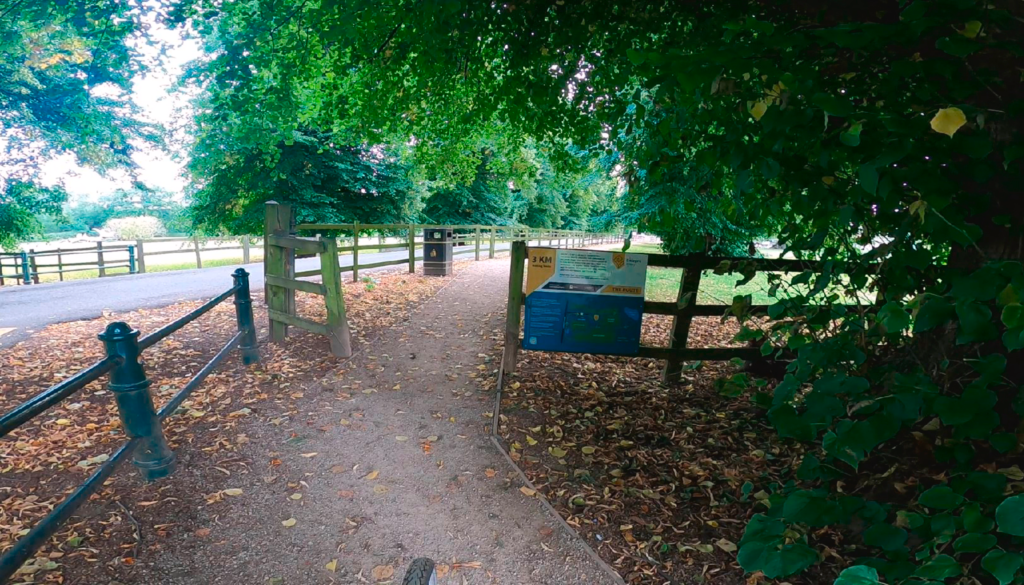City Know-hows

Target audience
Urban farming organisations, Urban designers and planner, Landscape architect, Urban health practitioners and placemaking NGOs.
The problem
Singapore faces the challenge to adapt to a new urban lifestyle after the declaration in 2021 of the ‘Green Plan’ agenda on sustainable development. The plan includes strategies to increase access to urban greenery and biodiversity in the city. Nevertheless, there have been reported cases of low citizen tolerance towards the newly introduced biodiversity. Additionally, unsustainable behaviours of citizens could be a threat to the new natural ecosystems.
What we did and why
Our research investigated a pro-environmental organisation in Singapore that has implemented participatory programs with nature and aims to improve the health and wellbeing of people and their connection to nature for over a decade. We conducted focus groups, discussions and surveys to establish the benefits of engaging in these programs and to understand to what extent the facilitators of the process have an impact in the way people shape their connection with nature, developing pro-environmental behaviours.
Our study’s contribution
Our work supports a new approach to placemaking with nature and the therapeutic value of non-curated natural landscapes. It shows the:
Improvement of health and wellbeing in heavily urbanised cities through the implementation of programs that enhance the connection with the natural environment,
Importance of the facilitators of placemaking in the long term to create an improved psychological wellbeing and sense of community.
Impacts for city policy and practice
Urban Policies should consider integrating nature placemaking strategies to enhance the health and wellbeing of citizens and their conviviality. Experienced nature placemaking facilitators and their spaces could become a learning hub for young citizens that have not yet experienced a raw natural environment in Singapore. Importantly, this could increase pro-environmental behaviours and tolerance towards natural biodiversity.
Further information
See the Urban Land Institute/Health Leaders Network at NeuroLandscape: NeuroLandscape is a non-profit research group/ NGO that brings together landscape architecture, neuroscience and computer science to advance the knowledge on the relationship between human health and the environment in urban areas. Their aim is to uncover the complex mechanisms of these phenomena and share them with an international audience of academics, designers, decision makers and urban communities.
Full research article:
Participatory approaches to enact meaningful interconnectedness with the natural environment: a case study in Singapore by Diana M. Benjumea, Yohei Kato and Keng Hua Chong.
Related posts

Our study investigated whether apartment dwelling and building design attributes influenced residents’ housing satisfaction in the initial stages of the COVID-19 pandemic. Multivariate models showed that residents’ perceptions of their apartment’s internal space and layout and the thermal comfort it afforded them in winter were independently associated with increased housing satisfaction.

In resettlement colonies of Mumbai, tuberculosis is rapidly spreading due to the poor natural ventilation and sunlight access. This is because of bad designing and

Wayfinding interventions offer a viable, low-cost, intervention to increase recreational walking in urban greenspaces for irregular users, older adults and those with mobility impairments.